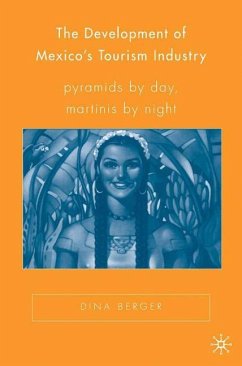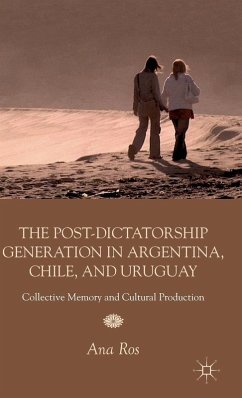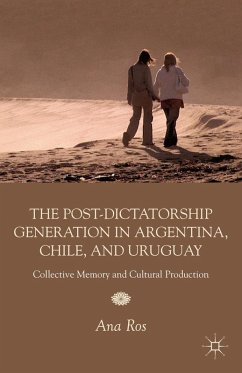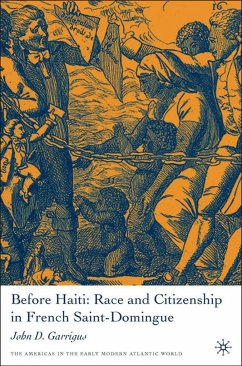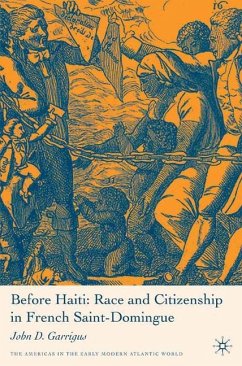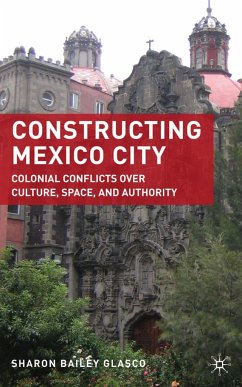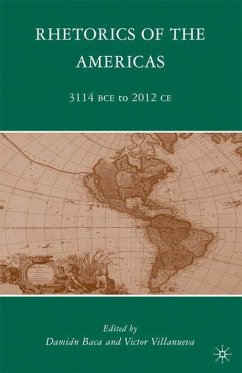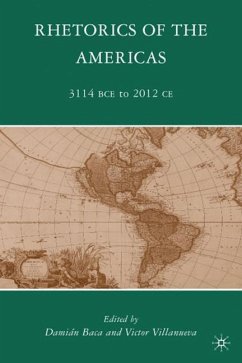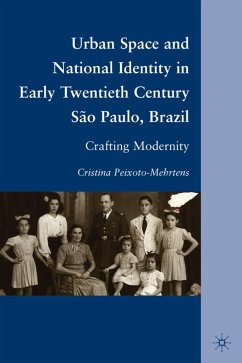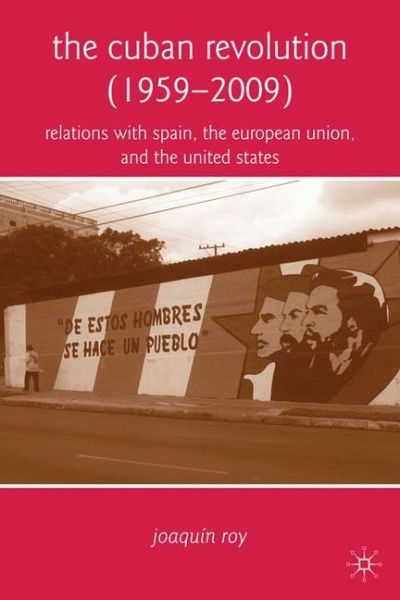
The Cuban Revolution (1959-2009)
Relations with Spain, the European Union, and the United States

PAYBACK Punkte
19 °P sammeln!
Fifty years after the triumph of the Cuban Revolution and the establishment of a Marxist-Leninist regime in Cuba, the two fundamental dimensions of this historical phenomenon are the survival of the system created by Fidel Castro and the policy of the United States to terminate it.





